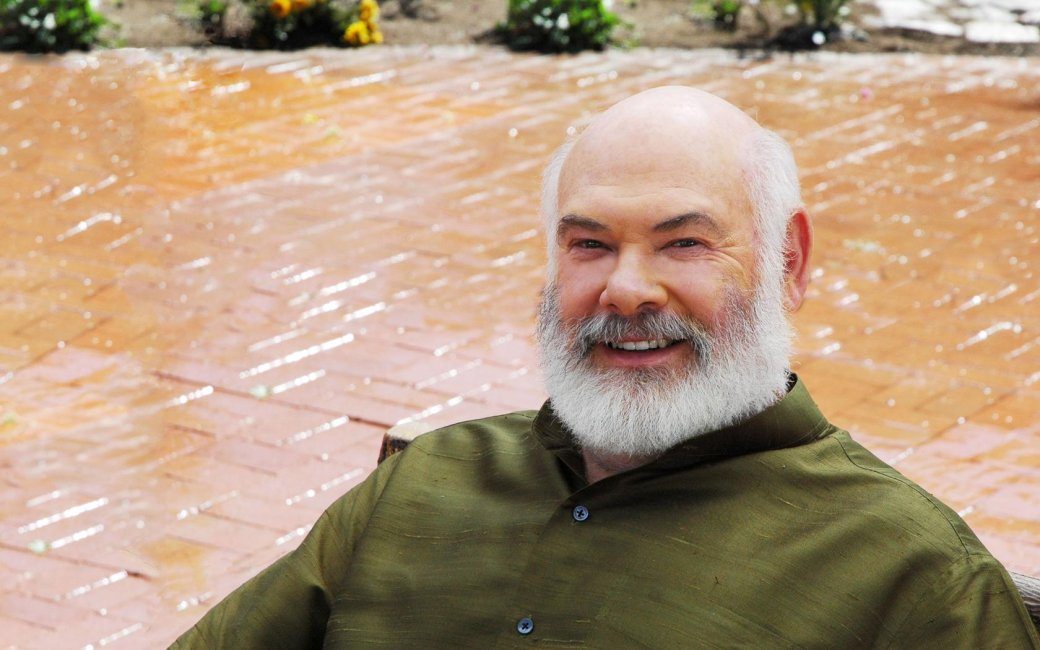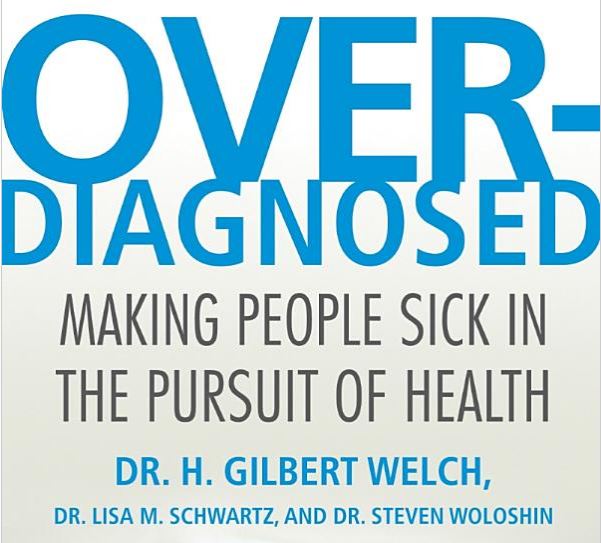Results for: cancer screening

Surprise, surprise! Dr. Andrew Weil doesn’t like evidence-based medicine
Dr. Andrew Weil is a rock star in the “complementary and alternative medicine” (CAM) and “integrative medicine” (IM) movement. Indeed, it can be persuasively argued that he is one of its founders, at least a founder of the its most modern iteration, and I am hard-pressed to think of anyone who did more in the early days of the CAM/IM movement, back...
When you can’t win on science, invoke the law…
Late last week, the anti-vaccine underground was all atwitter. The reason was the announcement of an impending press conference, scheduled for yesterday at noon in Washington, DC that proclaimed: Investigators and Families of Vaccine-Injured Children to Unveil Report Detailing Clear Vaccine-Autism Link Based on Government’s Own Data Report Demands Immediate Congressional Action Directors of the Elizabeth Birt Center for Autism Law and...
Parasites
I saw a patient recently for parasites. I get a sinking feeling when I see that diagnosis on the schedule, as it rarely means a real parasite. The great Pacific NW is mostly parasite free, so either it is a traveler or someone with delusions of parasitism. The latter comes in two forms: the classic form and Morgellons. Neither are likely to...
What does a new drug cost?
Despite the variety of health systems across hundreds of different countries, one feature is near-universal: We all depend on private industry to commercialize and market drug products. And because drugs are such an integral part of our health care system, that industry is generally heavily regulated. Yet despite this regulation, little is publicly known about drug development costs. But aggregate research and...
The benefits and risks of folic acid supplementation
Could a vitamin with proven benefits in one group cause harm to another? That’s the growing concern with folic acid, the vitamin that dramatically reduces the risk of neural tube birth defects such a spina bifida. Studies designed to explore the possible benefits of folic acid for heart disease, stroke and cancer are giving out some worrying signs: At best, folic acid...
Herbal Remedies, Street Drugs, and Pharmacology
David Kroll’s recent article on thunder god vine is a great example of what can be learned by using science to study plants identified by herbalists as therapeutic. The herbalists’ arsenal can be a rich source of potential knowledge. But Kroll’s article is also a reminder that blindly trusting herbalists’ recommendations for treatment can be risky. Herbal medicine has always fascinated me....
Deadly Indeed
There are sources of information I inclined to accept with minimal questioning. I do not have time to examine everything in excruciating detail, and like most people, use intellectual short cuts to get through the day. If it comes from Clinical Infectious Diseases or the NEJM, I am inclined to accept the conclusions without a great deal of analysis, especially for non-infectious...

Overdiagnosis
Dr. H. Gilbert Welch has written a new book Over-diagnosed: Making People Sick in the Pursuit of Health, with co-authors Lisa Schwartz and Steven Woloshin. It identifies a serious problem, debunks medical misconceptions and contains words of wisdom. We are healthier, but we are increasingly being told we are sick. We are labeled with diagnoses that may not mean anything to our health....
Breast implants and anaplastic large cell lymphoma (ALCL): Is there a link?
I must admit that I have a bit of a love-hate relationship with breast implants. On the one hand, as a breast cancer surgeon, I see them as a major benefit to my patients who are unfortunate enough to require mastectomy in order to control their disease. The armamentarium of techniques for reconstructing breasts after mastectomy generally falls into one of two...

